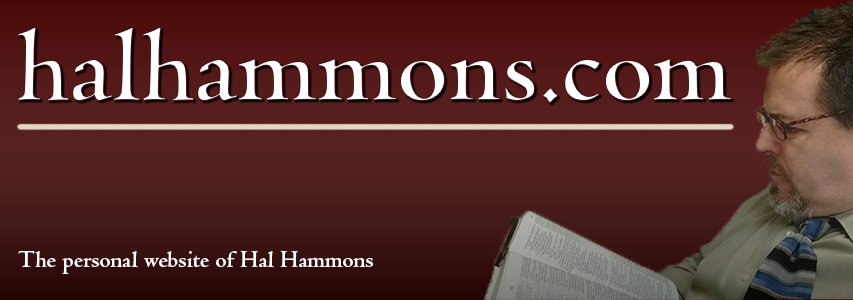Know
Mathematician David Hilbert had inscribed on his tombstone, “Wir mussen wissen. Wir warden wissen.” He was German, in case you thought this was going to be a note about typographical errors made in granite.
“We must know. We will know.” That’s the translation, and a powerful commentary on mankind’s need — mandate, even — to advance the boundaries of knowledge. It’s also a remarkable demonstration of faith. The needs of mankind will be met by mankind. In the mind of Hilbert, it was a certainty.
From the standpoint of a Christian, I see this statement in two different lights; not knowing much about Hilbert other than his name, occupation and favorite saying, I cannot speak to which he had in mind. Perhaps he was a humanist, believing humanity is ultimately responsible for its own well-being, answerable to no higher power, and ultimately capable of providing for itself in every necessary way. Or perhaps he was a believer, fully assured in a sustaining and providing God who was committed to His special creation and determined to supply us all “unto every good work” (2 Timothy 3:16-17).
It’s quite a gap between the two, composed entirely of faith. The believer in mankind must ignore millennia of trial and error and trust that humans can and should direct their own path. The believer in God trusts God for that way, acknowledges the inherent instability of man’s wisdom (Jeremiah 10:23), and pursues the fear of God as the foundation for any other knowledge or wisdom (Proverbs 1:7).
The irony is, by admitting our own incapacity for ultimate knowledge, we find that knowledge. By trusting in God for answers, we come to peace with the answers that do not immediately present themselves. We have confidence in His word as our guide (John 17:17), and we believe it will illuminate every step we take (Psalm 119:105).
We must know. We will know.
